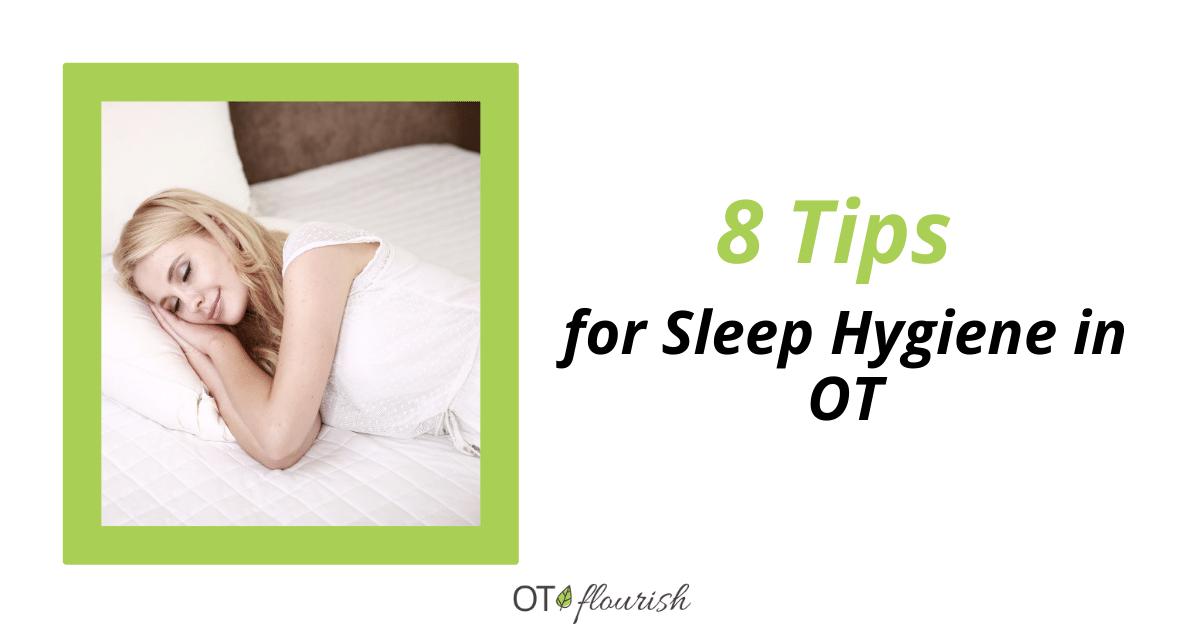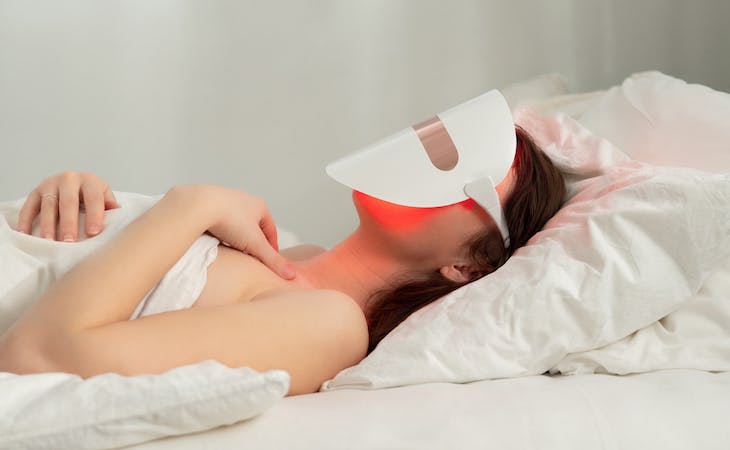Reliable Treatment Solutions for Managing Sleep Disorders and Enhancing Relaxed Rest
In the realm of healthcare, the administration of sleep disorders and the quest for relaxed rest are pivotal elements of total well-being. As we navigate the detailed landscape of sleep disorders and seek to improve our sleep experience, a much deeper understanding of these treatment services may hold the secret to unlocking an extra relaxing and satisfying restorative trip.
Cognitive Behavior Treatment for Sleeping Disorders (CBT-I)
Cognitive Behavior Treatment for Insomnia (CBT-I) is a structured, evidence-based treatment approach that concentrates on attending to the hidden elements adding to rest disruptions. This kind of treatment intends to change behaviors and thoughts that worsen sleeplessness, inevitably advertising healthy sleep patterns. CBT-I normally entails several essential elements, including cognitive therapy, sleep restriction, stimulus control, and rest health education.
Cognitive therapy aids people identify and change adverse idea patterns and ideas regarding sleep that may be impeding their capacity to drop or stay asleep. Rest constraint entails limiting the amount of time invested in bed to match the individual's actual rest period, therefore increasing rest performance (insomnia solutions). Stimulus control techniques help develop a strong association between the bed and sleep by urging individuals to visit bed only when drowsy and to prevent taking part in boosting tasks in bed
Furthermore, sleep hygiene education and learning focuses on creating healthy and balanced sleep behaviors, such as keeping a consistent sleep routine, creating a relaxing going to bed regimen, and optimizing the rest environment. By addressing these factors thoroughly, CBT-I uses an efficient non-pharmacological intervention for taking care of sleeplessness and improving overall rest quality.
Rest Hygiene Practices
Having actually established the foundation of cognitive restructuring and behavior alterations in resolving sleep problems through Cognitive Behavior modification for Sleep Problems (CBT-I), the focus currently shifts towards checking out necessary Rest Hygiene Practices for preserving optimum rest high quality and total well-being.
Sleep hygiene techniques encompass a variety of behaviors and environmental variables that can considerably affect one's capacity to sleep and stay asleep throughout the night. Constant rest and wake times, producing a relaxing going to bed regimen, and maximizing the sleep atmosphere by keeping it dark, peaceful, and cool are crucial elements of great sleep health. Limiting direct exposure to displays prior to bedtime, preventing stimulants like high levels of caffeine near bedtime, and participating in routine exercise during the day can additionally promote better rest high quality.
Additionally, exercising leisure strategies such as deep breathing exercises or reflection prior to bed can assist calm the mind and prepare the body for rest. By integrating these sleep health practices right into one's day-to-day routine, people can develop a healthy and balanced sleep pattern that sustains peaceful rest and general well-being.
Relaxation Techniques and Mindfulness
Implementing leisure methods and mindfulness practices can play an essential duty in cultivating a feeling of calm and advertising quality sleep. Furthermore, led images can aid deliver people to a peaceful location in their minds, assisting in stress reduction and improving rest top quality.
By incorporating these practices right into a bedtime regimen, individuals can signal to their bodies that it is time to prepare and unwind for rest. In general, incorporating relaxation techniques and mindfulness practices can substantially add to handling rest disorders and improving general sleep top quality.

Medication Options for Sleep Disorders
After discovering leisure techniques and mindfulness practices as non-pharmacological treatments for boosting rest top quality, panic attacks in sleep it is necessary to think about medicine alternatives for people with sleep conditions. In situations where way of life modifications and treatment do not offer adequate alleviation, medicine can be an important tool in handling sleep disturbances.
Commonly prescribed medications for sleep problems consist of benzodiazepines, non-benzodiazepine hypnotics, antidepressants, and melatonin receptor agonists. Benzodiazepines, such as diazepam, are sedatives that can help generate rest, yet they are normally recommended for short-term usage because of the danger of reliance. Non-benzodiazepine hypnotics like zolpidem are likewise utilized to treat sleeping disorders and have a lower danger of reliance compared to benzodiazepines. Antidepressants, such as trazodone, can be helpful for individuals with co-occurring clinical depression and rest disruptions. Melatonin receptor agonists, like ramelteon, target the body's natural sleep-wake cycle and can be useful for controling rest patterns.
It is important for individuals to speak with a healthcare copyright to establish one of the most proper medication choice based on their particular sleep problem and case history.
Light Therapy for Circadian Rhythm Guideline
Light therapy, additionally called phototherapy, is a non-invasive therapy technique made use of to manage circadian rhythms sites and enhance sleep-wake cycles. This treatment entails exposure to bright light that resembles all-natural sunlight, which aids to reset the body's biological rhythm. By revealing people to particular wavelengths of light, generally in the morning or night depending on the preferred effect, light treatment can effectively adjust the circadian rhythm to advertise wakefulness during the day and improve peaceful sleep during the night.
Study has shown that light treatment can be particularly beneficial for individuals with body clock conditions, such as postponed rest stage syndrome or jet lag. It can also be helpful for those experiencing seasonal affective condition (SAD), a kind of clinical depression that normally takes place throughout the cold weather when all-natural light exposure is lowered. Light treatment is generally well-tolerated and can be utilized in conjunction with other treatment methods for rest problems to maximize results and enhance general rest high quality.
Final Thought
In verdict, effective therapy options for taking care of rest conditions and improving peaceful rest include Cognitive Behavior modification for Sleeplessness (CBT-I), rest hygiene practices, relaxation strategies and mindfulness, medication options, and light treatment for body clock policy. These approaches can assist insomnia caused by anxiety individuals improve their sleep quality and overall health. It is crucial to talk to a medical care service provider to determine one of the most suitable technique for dealing with rest concerns.
As we browse the detailed landscape of sleep disorders and look for to boost our rest experience, a deeper understanding of these treatment services might hold the trick to opening a more relaxing and satisfying restorative trip.
Sleep constraint involves limiting the quantity of time spent in bed to match the person's real rest period, thereby raising sleep efficiency. Constant sleep and wake times, producing a relaxing going to bed regimen, and optimizing the rest environment by keeping it dark, peaceful, and cool are important parts of good sleep health. Light treatment is typically well-tolerated and can be made use of in combination with various other treatment methods for sleep conditions to optimize outcomes and enhance total sleep top quality.
